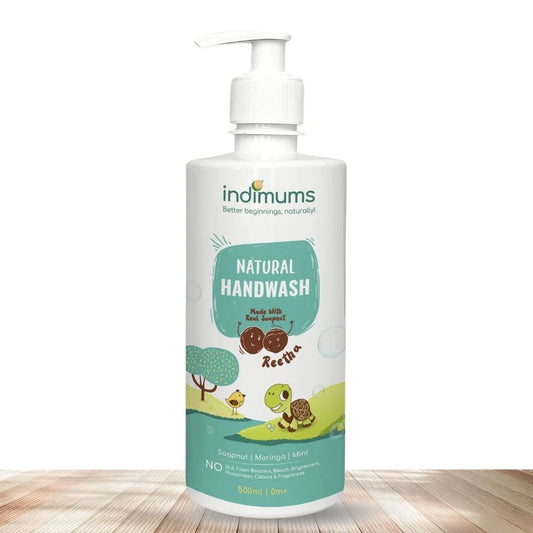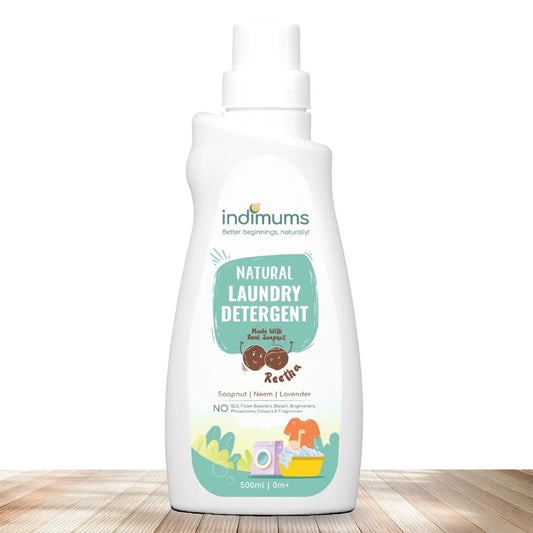Challenge of Introducing Bottles to Breastfed Babies

If you're a breastfeeding mom, you know how convenient it can be to nurse your baby directly from the breast. But there may come a time when you need to introduce a bottle to your little one for various reasons, such as returning to work or taking a break. However, it's not always smooth sailing when it comes to transitioning from breast to bottle. Many moms face the common challenge of their breastfed baby refusing to take a bottle. In this blog, we'll explore the reasons why your little one may be resisting the bottle and how The Indi Mums, with their natural ingredient-based baby bottle wash, can help.
Common Reasons Why Breastfed Babies Resist Bottles
One of the main reasons why breastfed babies may refuse a bottle is because they have become accustomed to the breast's shape, warmth, and smell. Bottles, on the other hand, can feel foreign and may not provide the same comfort as the breast. Additionally, breastfed babies often have a strong sense of smell and may not be familiar with the scent of the bottle or formula, which can further contribute to their refusal.

Another reason why some breastfed babies reject bottles is that they may have developed a strong preference for nursing and find sucking on a bottle nipple less satisfying. Breast milk flow is different from bottle flow, and babies may have to work harder to get milk from a bottle, which can be frustrating for them. This can result in them refusing the bottle altogether.
Introducing a bottle to a breastfed baby requires patience and persistence. Here are some tips that may help you overcome the bottle battle:
Start early!
It's often recommended to introduce a bottle to your breastfed baby when they are around 4-6 weeks old. At this age, they are still learning to latch and suckle, and they may be more receptive to trying new things.
Experiment with different bottle nipples
Not all bottle nipples are created equal. Try different shapes, sizes, and flow rates to see which one your baby prefers. Some bottle nipples mimic the shape and feel of a breast, which can make it easier for your baby to transition.

Have someone else offer the bottle!
If your baby is used to nursing from you, they may associate you with breastfeeding. Having someone else, such as your partner or a caregiver, offer the bottle may be more successful as your baby won't associate the bottle with the breast.
Be patient and persistent.
It may take time for your baby to get used to the bottle. Keep offering it regularly, but without force or pressure. Be patient and allow your baby to take their time to explore and get comfortable with the bottle at their own pace.

Use natural ingredient-based baby bottle wash!
When it comes to washing your baby's bottles, it's important to choose a safe and effective option. The Indi Mums, a trusted brand in baby care, offers a natural ingredient-based baby bottle wash that is gentle on your baby's bottles and ensures they are free from harmful chemicals. Using a natural ingredient-based baby bottle wash can give you peace of mind that you are using a safe and non-toxic option for your baby's bottles.
The Indi Mums' baby bottle wash is formulated with natural ingredients such as plant-based extracts, essential oils, and enzymes that effectively remove milk residue and other stubborn stains from your baby's bottles, while being gentle on the environment. It's free from harsh chemicals, sulfates, parabens, and artificial fragrances, making it safe for your little one and the planet.
In conclusion, if your breastfed baby is refusing to take a bottle, remember that it's a common challenge that many moms face.





